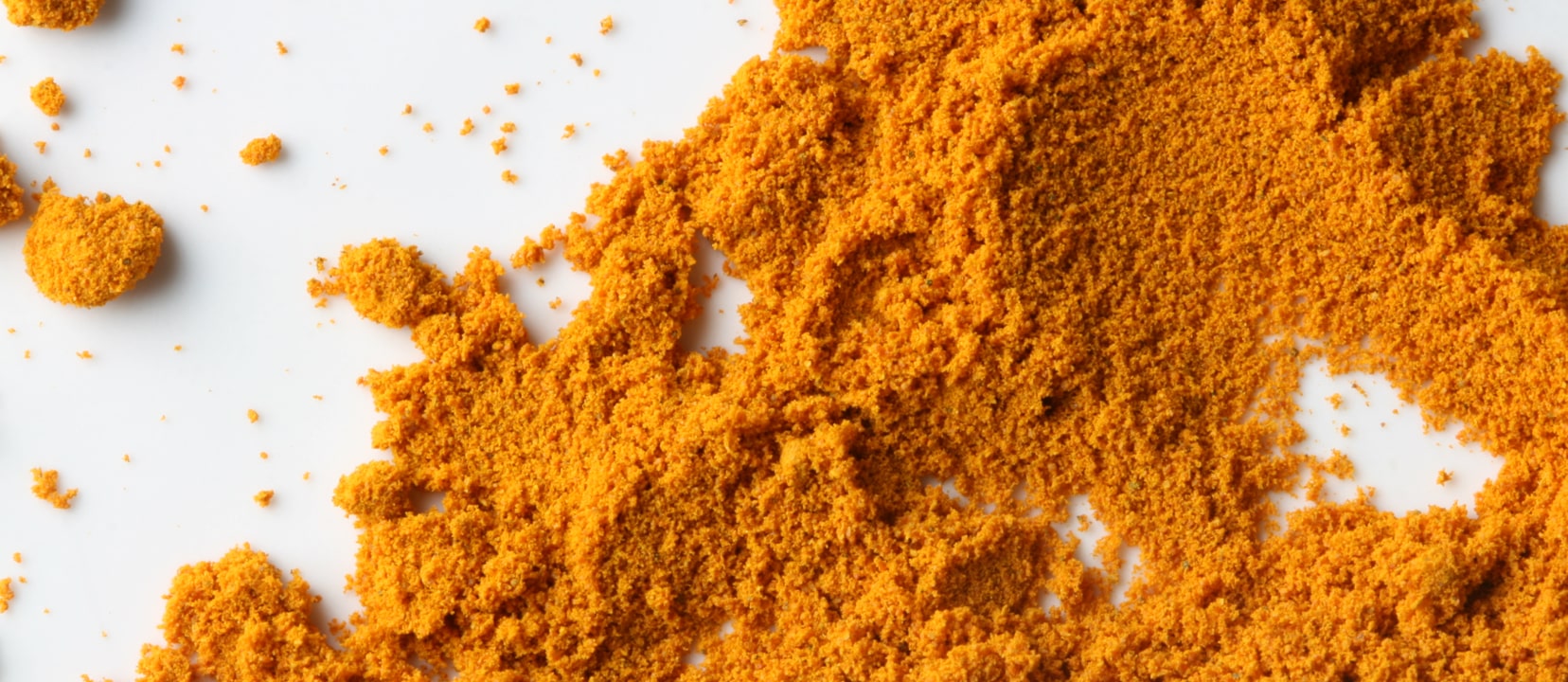The spice turmeric may help prevent Alzheimer’s disease (See Preventing Alzheimer’s with Turmeric), but what about treating Alzheimer’s disease with turmeric? An exciting case series was published in 2012 (highlighted in my video, Treating Alzheimer’s with Turmeric): three Alzheimer’s patients were treated with turmeric, and their symptoms improved.
In case number one, an 83-year-old woman started losing her memory and feeling disoriented. She started having problems taking care of herself, wandering aimlessly and became incontinent. After taking a teaspoon of turmeric per day however, her agitation, apathy, anxiety and irritability were relieved and she had less accidents. Furthermore, she began to laugh again, sing again, and knit again. After taking turmeric for more than a year, she came to recognize her family and now lives a peaceful life without a significant behavioral or psychological symptom of dementia.
Case number two was similar, but with the additional symptoms of hallucinations, delusions and depression, which were relieved by turmeric. She began to recognize her family again and now lives in a peacefully serene manner. And the third case, similar as well, included an improvement in cognition.
Researchers concluded that this was the first demonstration of turmeric as an effective and safe “drug” for the treatment of the behavioral and psychological symptoms of dementia in Alzheimer’s patients. They call it a drug, but it’s just a spice you can walk into any grocery store and buy for a few bucks. They were giving people like a teaspoon a day, which comes out to be about 15 cents.
Two trials using curcumin supplements rather than turmeric, however, failed to show a benefit. Curcumin is just one of hundreds of phytochemicals found in turmeric. Concentrated into pill form at up to 40 times the dose, no evidence of efficacy was found. Why didn’t they get the same dramatic results we saw in the three case reports? Well, those three cases may have been total flukes, but on the other hand, turmeric, the whole food, may be greater than the sum of its parts.
There is a long list of compounds that have been isolated from turmeric, and it’s possible that each component plays a distinct role in making it useful against Alzheimer’s disease. Hence, researchers suggested that a mixture of compounds might better represent turmeric in its medicinal value better than curcumin alone. But why concoct some artificial mixture when Mother Nature already did it for us with turmeric? Because you can’t patent the spice. And if you can’t patent it, how are you going to charge more than 15 cents?
I’ve previously addressed the thorny issue of patenting natural plant remedies in my video: Plants as Intellectual Property – Patently Wrong?
The whole-greater-than-the-sum-of-its-parts theme is one that comes up over and over:
- Broccoli: Sprouts vs. Supplements
- Treating Asthma With Plants vs. Supplements?
- The Wrong Way to Boost Serotonin
- Produce, Not Pills to Increase Physical Attractiveness
What else might the cheap, easily available spice turmeric do? It may help fight arthritis (Turmeric Curcumin and Rheumatoid Arthritis and Turmeric Curcumin and Osteoarthritis) and cancer:
- Back to Our Roots: Curry and Cancer
- Carcinogenic Blocking Effects of Turmeric
- Turmeric Curcumin Reprogramming Cancer Cell Death
- Turmeric Curcumin and Colon Cancer
- Topical Application of Turmeric Curcumin for Cancer
But it’s not for everyone: Who Shouldn’t Consume Curcumin or Turmeric?
In health,
Michael Greger, M.D.
PS: If you haven’t yet, you can subscribe to my free videos here and watch my live year-in-review presentations Uprooting the Leading Causes of Death, More Than an Apple a Day, From Table to Able, and Food as Medicine.
